With Subsidy Gone And Gas Prices Off The Roof, Fuel-Saving Models Like The Second Generation Prius May Be A Smarter Investment
As of press time, gas stations in Nigeria are selling fuel at an average of ₦550 per liter, up from ₦215–₦220 barely two weeks earlier. The price point of PMS (Premium Motor Spirit) shot up over 200% instantaneously in reaction to the rather abrupt proclamation of the newly sworn-in head of state that "subsidy is gone!" Consequently, automobile owners are forced to pay a premium – in the real sense of the word – to refuel their cars, inadvertently impacting the economy as a whole.
On June 7, Business Day found gas stations in Lagos recorded a drop in daily sales by over 32% in the last week alone. The Paper's findings correspond with the NNPC MD Mele Kyari’s earlier remark that he expects petrol consumption in Nigeria to fall by as much as 30% thanks to the steep price adjustment. With these current realities, the Nigerian populace is learning how to live without buying petrol, and auto owners might just have no choice but turn to fuel-saving measures, which might include seeking the best fuel-efficient cars or even turning to alternative-energy automobiles entirely.
The Toyota Prius has been a game-changer in the automotive industry since its debut in 1997. It is a hybrid electric vehicle (HEV) that has made a significant impact on fuel efficiency and environmental sustainability. Apart from being environmentally friendly, the Toyota Prius is also an excellent and reliable money saver.
Related: Stellantis To Build Electric Aircraft By 2025
Why The Prius Is A Smart Investment For Automobile Shoppers In Nigeria Right Now
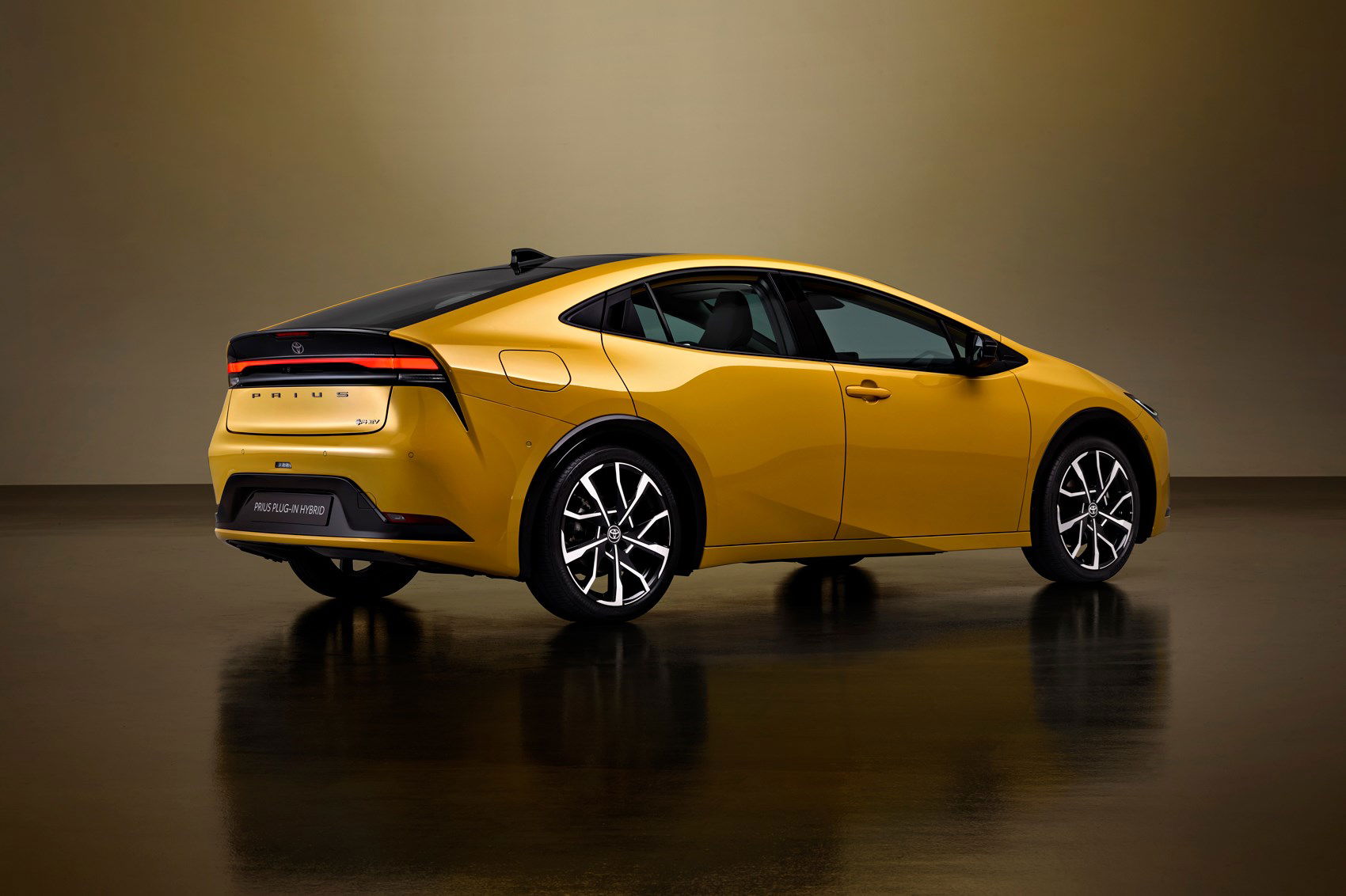
The Prius’ Reputation For Fuel Efficiency Is Well Known
One of the most significant advantages of the Toyota Prius is its fuel efficiency.
The Prius got an impressive 52 miles per gallon on the highway and 58 miles per gallon in the city back in 2020, which was significantly higher than the average fuel efficiency of other cars on the market.
The current models deliver even better fuel economy. With this kind of fuel efficiency, the Prius can save you a lot of money on gas expenses over time.
The Prius’s Hybrid Powertrain Supports Lower Maintenance Costs
Many Nigerians who already have a strong suspicion of electrified automobiles would be surprised to learn that the Toyota Prius has a reputation for being a reliable car with low maintenance costs.
If you do need maintenance work done on the car, it's advisable to avoid running to the roadside Kazeem.
The Prius's hybrid technology is designed to be more efficient and less demanding on the engine, resulting in fewer repairs and maintenance issues.
Additionally, Toyota offers an eight-year/100,000-mile warranty on the Prius's hybrid battery, which provides additional peace of mind for Prius owners.
The Prius Comes With Attractive Tax Incentives
Another way the Toyota Prius indirectly saves you money as a Nigerian auto shopper is through tax incentives.
The US federal government and some states offer tax credits and incentives to hybrid car owners. For example, the federal government offers a tax credit of up to $4,500 for the purchase of a new Toyota Prius, which ultimately impacts favorably on the car's resale price.
The Prius Has A High Resale Value Even In Nigeria
The Toyota Prius has a high resale value, which means you can recoup more of your investment when you decide to sell it. Isn't it interesting that a 2005 model still goes for as much as ₦2 million in the Nigerian used car market?
The Prius's reputation as a reliable and efficient car made it a popular choice among used car buyers around the world, and this might just be the case in Nigeria as drivers discover this car the way it respects the Camry.
According to Kelley Blue Book, the Toyota Prius has been among the top 10 cars with the best resale value for several years.
The Prius’ Safety Features Are Impressive
The Toyota Prius isn’t a dull car at all. In fact, it makes the list of smartest cars in the world right now, and it is also known for its safety features.
Even 4-year-old Prius models have top-notch safety features, such as anti-lock brakes, stability control, and multiple airbags, making it a safe car to drive for you and your family.
Since the Prius made its debut as far back as 1997, with many production years between then and now, some Nigerian shoppers just discovering the brand might find themselves a bit overwhelmed and unsure of the best model year to go for. So, what year is the best Prius?
What Is The Best Toyota Prius Year?
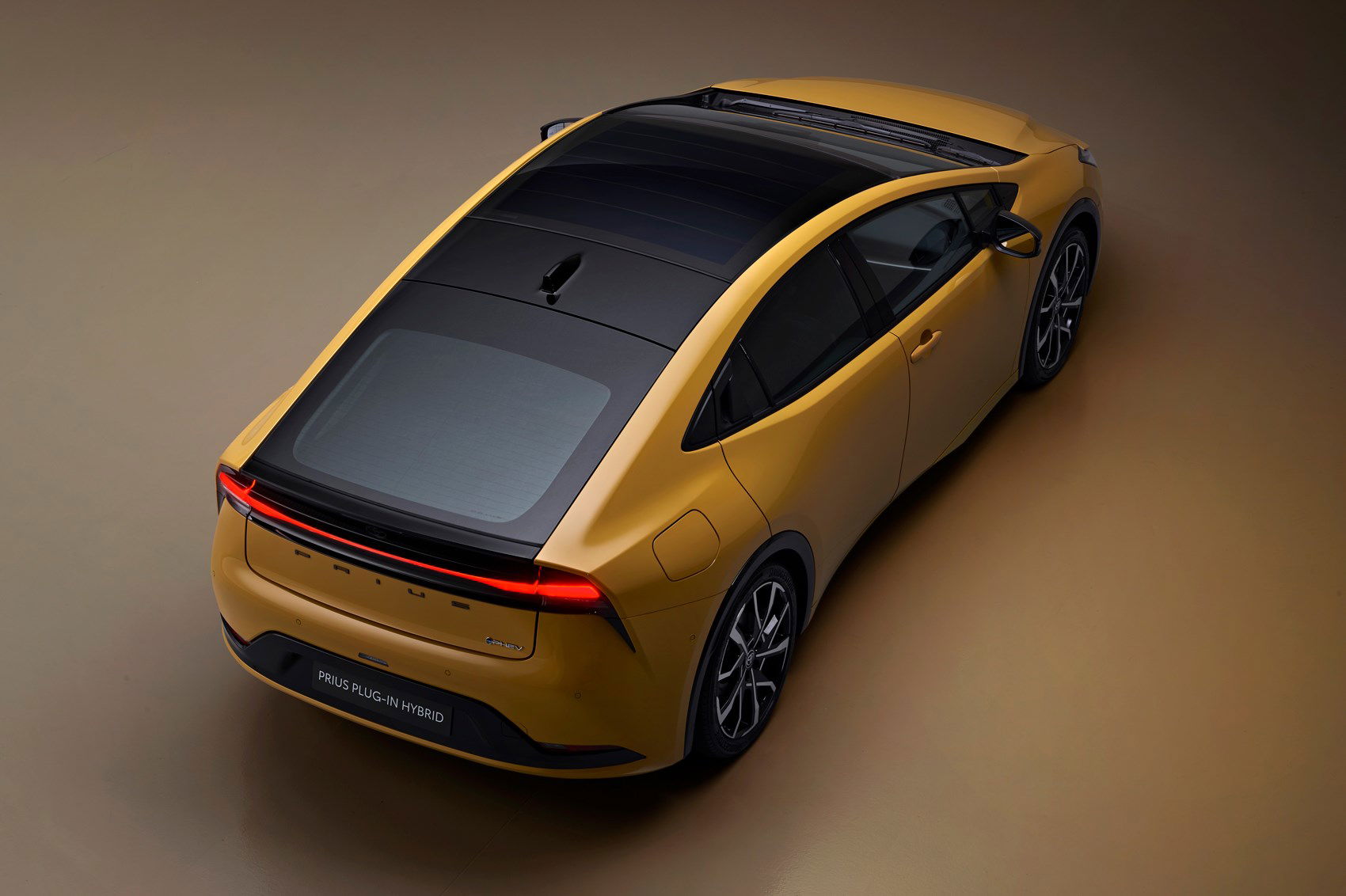
Ultimately, determining the "best" year for a Toyota Prius depends on several factors, such as personal preferences, budget, and intended use.
However, the second-generation Prius, which got produced from 2004 to 2009, is considered by many to be the most reliable and cost-effective model in the Prius lineup.
The second-generation Prius offers excellent fuel economy, with an estimated 48 miles per gallon in the city and 45 miles per gallon on the highway. It also has a spacious interior and a comfortable ride, making it an excellent option for daily commutes or long road trips.
Additionally, the second-generation Prius has proven to be very reliable and has a good track record for low maintenance costs, making it an excellent option for Nigerians who desperately need to save money in the long run.
However, it's important to note that newer models of the Prius offer more advanced features, such as improved fuel efficiency, updated technology, and enhanced safety features.
If you can afford it, we’d recommend the beautifully redesigned current model in a heartbeat. So, if these features are a priority for you, you may want to consider a newer model. Ultimately, the best year for a Toyota Prius depends on your individual needs and preferences.
The Second-Generation Toyota Prius Powertrain
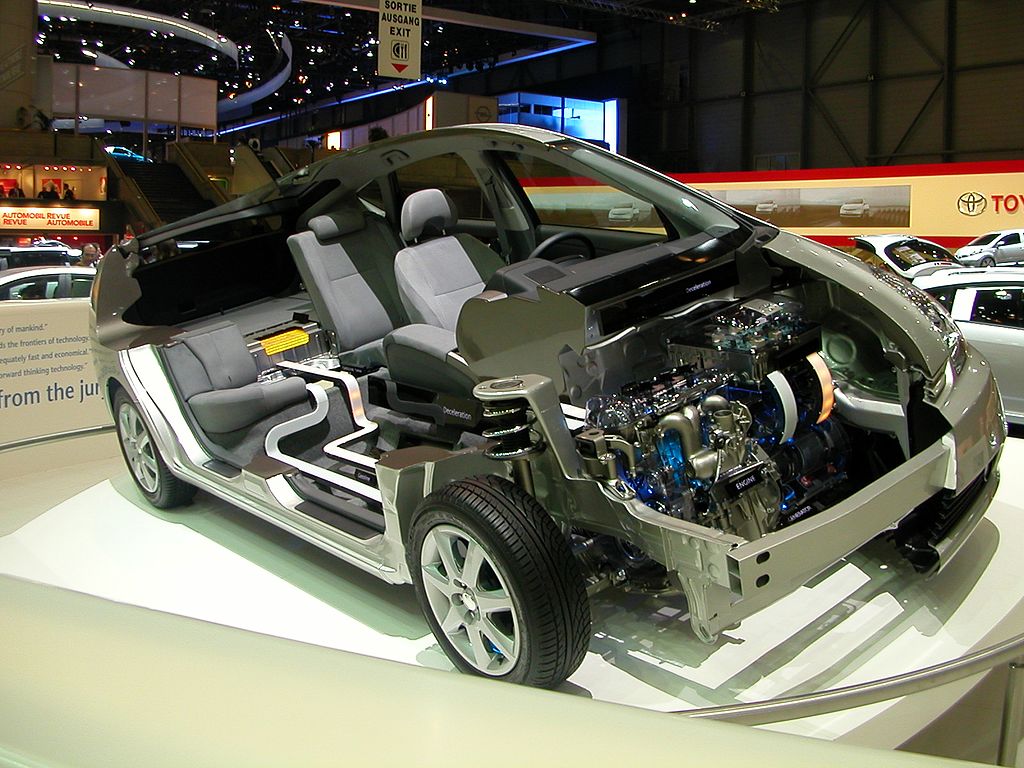
Running from 2004 through 2009, the second-generation Toyota Prius features a hybrid powertrain that consists of a gasoline engine and an electric motor.
Below are the detailed specifications of the second-generation Prius powertrain:
Engine:
- 1.5-liter four-cylinder gasoline engine
- 76 horsepower at 5000 RPM
- 82 lb-ft of torque at 4200 RPM
- Compression ratio of 13.0:1
- Aluminum block and head
- Dual overhead camshafts (DOHC)
- Variable valve timing with intelligence (VVT-i)
Electric Motor:
- Permanent magnet AC synchronous motor
- 67 horsepower at 1200-1540 RPM
- 295 lb-ft of torque at 0-1200 RPM
- Nickel-metal hydride (Ni-MH) battery pack
- Maximum voltage of 201.6 volts
- Maximum output of 28 kW
Combined System Output:
- 110 horsepower
- Electronically controlled continuously variable transmission (ECVT)
Fuel Economy:
- Estimated fuel economy of 48 miles per gallon in the city and 45 miles per gallon on the highway
The second-generation Prius also features regenerative braking, which captures energy that would otherwise get lost during braking and uses it to recharge the battery pack.
Additionally, the Prius has an electric-only driving mode that allows it to operate on electric power alone at low speeds for short distances.
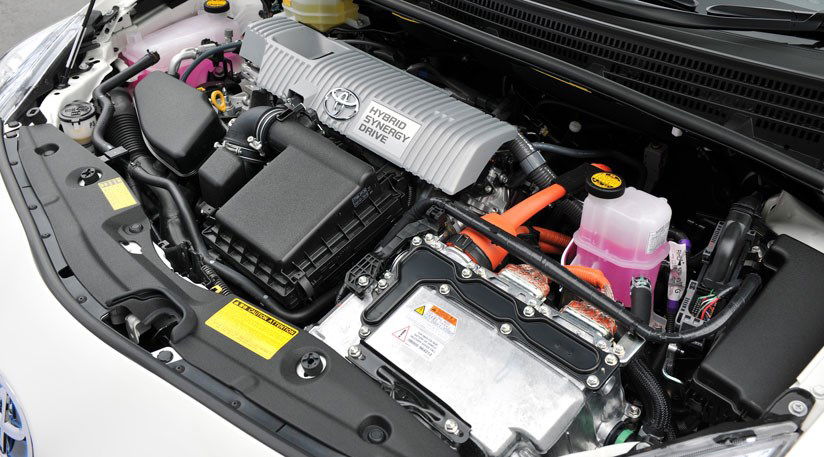
Overall, the second-generation Toyota Prius powertrain was a significant improvement over the first-generation model, offering better performance, improved fuel efficiency, and lower emissions. It laid the foundation for the advanced hybrid technology found in the current generation of Prius models.
Furthermore, many Nigerian drivers worry about the availability of parts and repairs plus local maintenance expertise for electric cars. We strongly believe none of these would be a problem when there are as many electric cars on Nigerian roads as gas-powered models.
In any case, Nigeria has reputable auto technicians with in-depth expertise in electric propulsion. Even in the USA, EV owners need to know how to properly maintain their vehicles to help prolong its life.
Related: Volvo Says It’s Ready To Unveil The Volvo EX30 Fully Electric SUV Next Month
How To Maintain Your Toyota Prius For Longevity
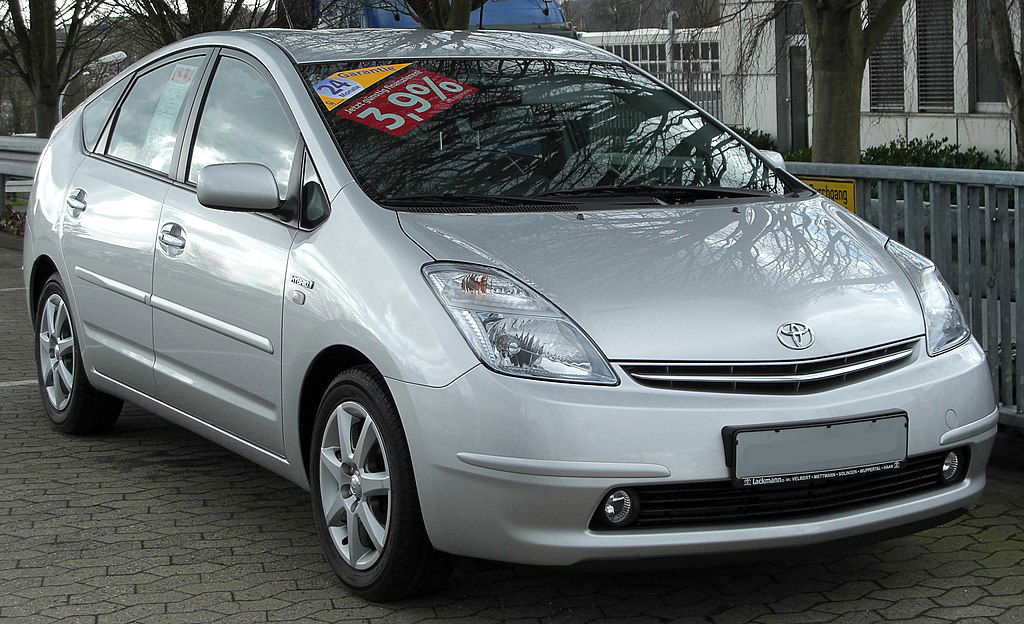
Maintaining your Toyota Prius properly can help ensure its longevity and keep it running smoothly for years to come. Here are some tips on how to maintain your Toyota Prius for longevity:
1. Follow The Manufacturer's Recommended Maintenance Schedule:
Toyota provides a maintenance schedule for the Prius in the owner's manual that outlines recommended maintenance tasks at specific mileage intervals.
It's essential to follow this schedule to ensure your Prius receives the necessary maintenance to keep it running smoothly. If you don’t have access to the owner’s manual, you can always download a copy online.
2. Keep Up With Oil Changes:
Regular oil changes are critical to the longevity of any vehicle, including the Prius. Toyota recommends changing the oil every 10,000 miles or 12 months, whichever comes first.
Note that the recommended oil grade for the Prius is 0W-16 synthetic.
3. Check And Replace The Air Filter:
A dirty air filter can reduce engine performance and fuel efficiency. Toyota recommends checking and replacing the air filter every 30,000 miles or as needed.
4. Maintain The Hybrid Battery:
The hybrid battery is a crucial component of the Prius's powertrain, and proper maintenance is essential to ensure its longevity.
Toyota recommends having the hybrid battery inspected every 10,000 miles or annually, whichever comes first.
5. Check And Maintain Tire Pressure:
Proper tire pressure is critical for fuel efficiency, handling, and safety. Toyota recommends checking tire pressure at least once a month and maintaining the recommended pressure.
6. Keep Up With Brake Maintenance:
Proper brake maintenance is critical to ensure the Prius's safety and longevity. Toyota recommends having the brakes inspected every 15,000 miles and replacing the brake pads as needed.
7. Use High-Quality Parts And Fluids:
It may seem like cost-cutting measures to grab the cheaper or readily available ‘fix’ to keep your car on the road. However, using high-quality parts and fluids is essential for your car’s longevity in the long run.
Toyota recommends using genuine Toyota parts and fluids for your Prius’ best performance and reliability.
They've promised us that fuel prices will crash, but do you really want to trust the government with your bank account? At this point, you’re prepared to go Prius shopping already and start saving big at the fuel station every day. Below is what you need to know before hitting the dealership.
Related: Meet The All-New 2024 Ford Explorer Electric
What To Look For When Buying A Used Toyota Prius
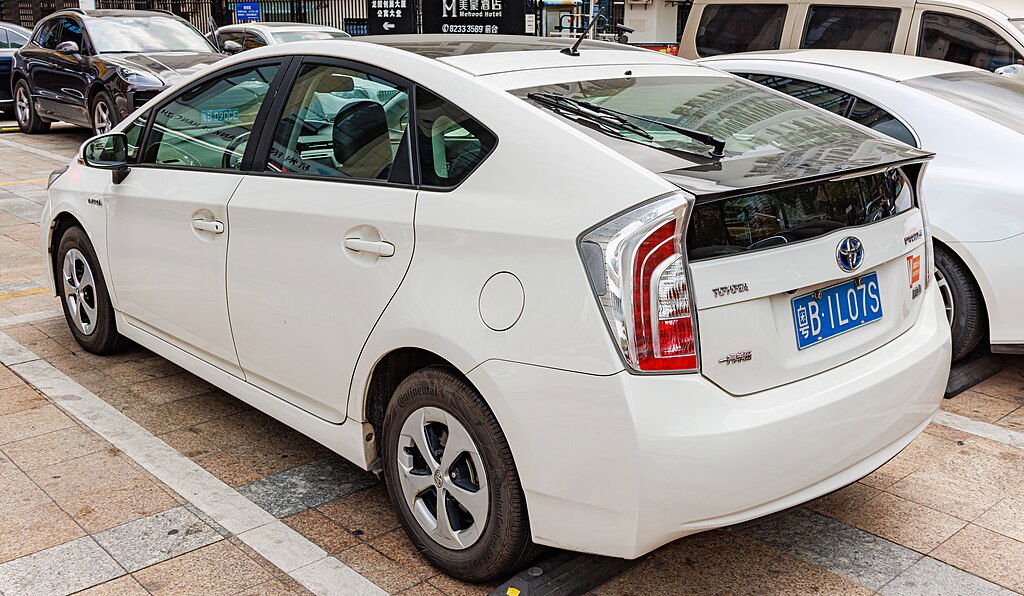
If you're considering buying a used Toyota Prius, there are several things to look out for to ensure you're getting a good deal. Here are some key factors to consider:
1. Battery Condition:
The Prius has a hybrid battery pack that can be very expensive to replace, so it's important to check the battery's condition.
Ask the owner if they have had any issues with the battery and check for any warning lights on the dashboard. If you don't have experience with hybrid batteries, read up online, and take an expert with you anyway.
2. Mileage:
Priuses are known for their long-lasting reliability, but it's still important to consider the car's mileage. Generally, the more miles a car has, the more wear and tear it has endured. Check the odometer and compare the mileage with the car's age.
3. Service History:
Ask the owner for the car's service history, including any repairs or maintenance done on the car. A well-maintained Prius is likely to be more reliable and last longer.
If you're buying a Nigerian-used Prius, you probably want to take what the seller tells you about the service history with a pinch of salt.
4. Overall Condition:
People are quick to point out that cosmetic condition has no bearing on the car's health. We beg to differ, though. The way you live your life tells on your body; the same applies to machines.
So, check the exterior and interior of the car for signs of wear and tear, such as scratches, dents, or stains. Take the car for a test drive and listen for unusual noises or vibrations.
5. Price:
Research the market value for the specific make and model of the Prius you're interested in. Look for comparable vehicles in your area and compare their prices to ensure you're getting a fair deal.
6. Safety Features:
Check that all the safety features of the Prius are in proper working order, including airbags, brakes, and seatbelts.
Make sure the car has passed any required safety inspections. By considering these factors, you can make an informed decision when buying a used Toyota Prius.
Before We Sign Off…
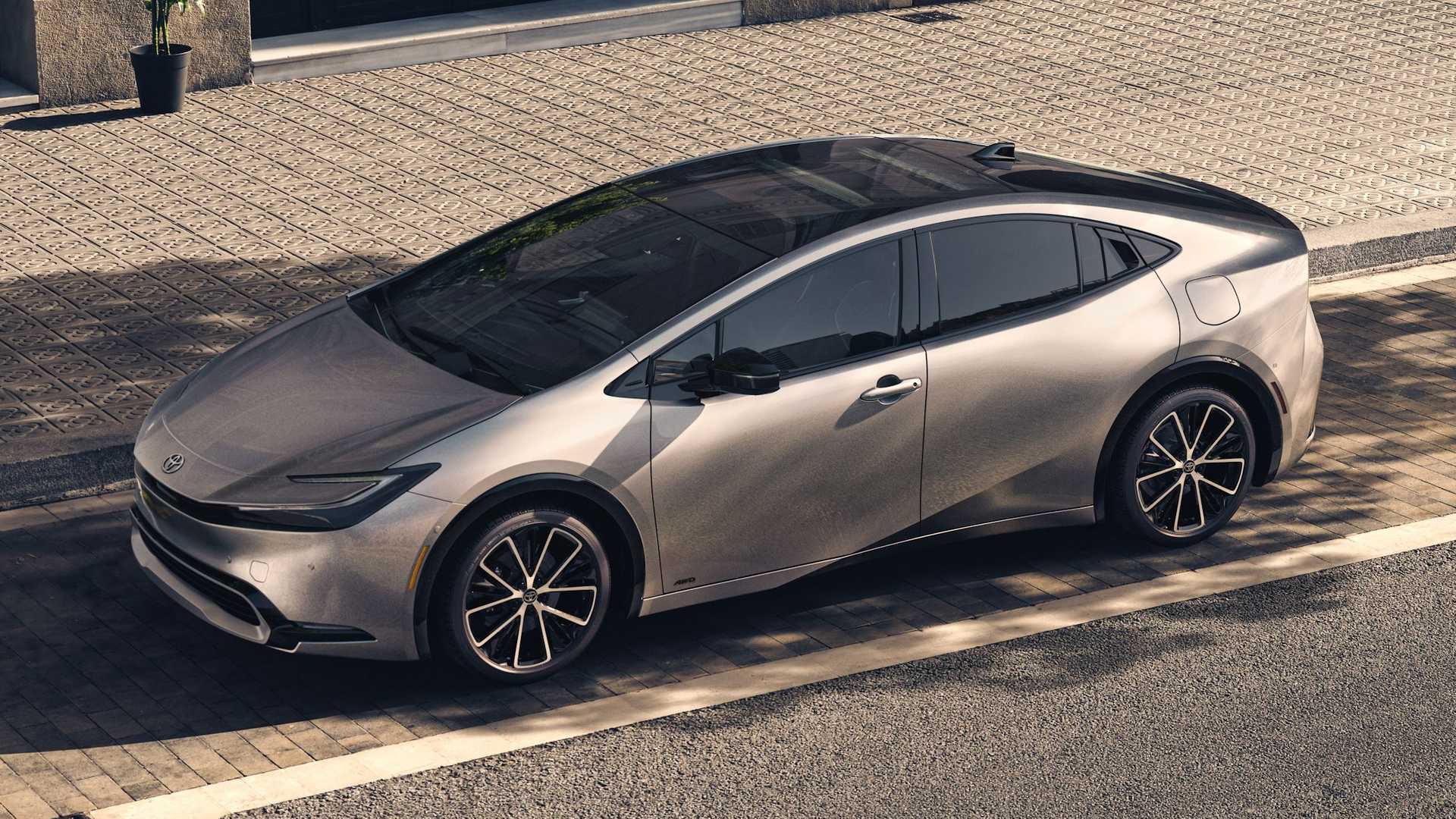
Summarily, the Toyota Prius is an excellent and reliable money saver. With its impressive fuel efficiency, lower maintenance costs, tax incentives, high resale value, and safety features, the Prius is an excellent investment for anyone looking to save money in the long run.
Additionally, its environmentally friendly design makes it a popular choice for those who want to reduce their carbon footprint. Even if the current price of gas isn’t draining your bank account, the Toyota Prius is undoubtedly worth considering.
Frequently Asked Questions About The Toyota Prius
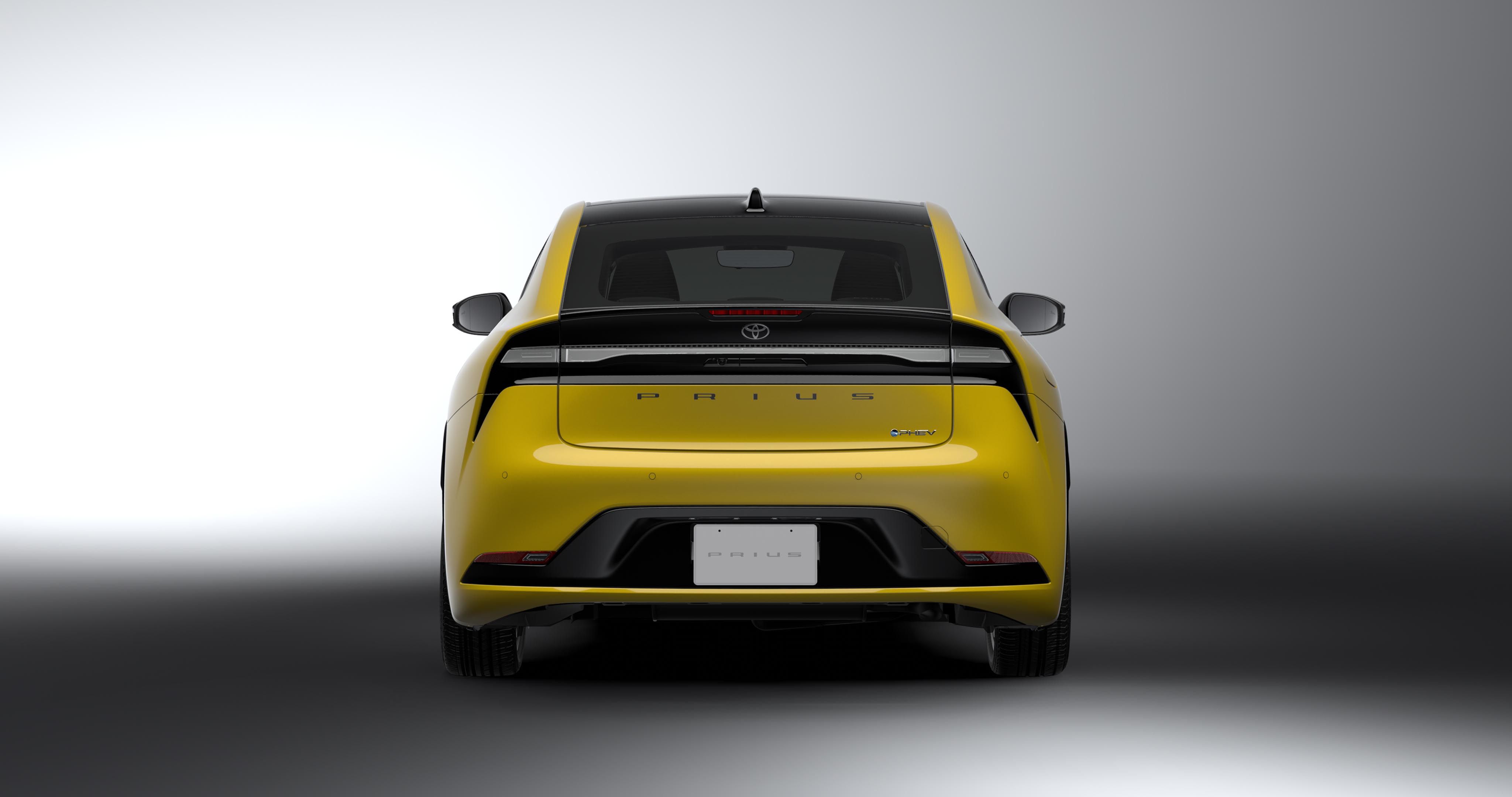
Can you use the Toyota Prius as a daily driver in Nigeria?
Yes, the Toyota Prius can get used as a daily driver in Nigeria. However, there are a few factors to consider when using a Prius in Nigeria. One factor to consider is the road conditions in Nigeria.
Some roads may be rough or poorly maintained, which can be a challenge for any vehicle. The Prius has a low ground clearance, so it may not be suitable for driving on extremely rough or uneven roads.
Another factor to consider is the availability of hybrid technology expertise and spare parts in Nigeria. While Toyota has a strong presence in Nigeria, and spare parts for the Prius may be available, it is still important to ensure that where you use the car the most have access to maintenance and repairs for the hybrid system if needed.
Additionally, gas stations in Nigeria may not always have high-quality fuel, which can affect the performance of the Prius. It is important to use high-quality fuel and maintain the car's fuel system to ensure optimal performance.
Overall, the Toyota Prius can be a good choice for a daily driver in Nigeria, especially if you will be driving in urban areas with well-maintained roads and have access to reliable maintenance and repairs for the hybrid system.